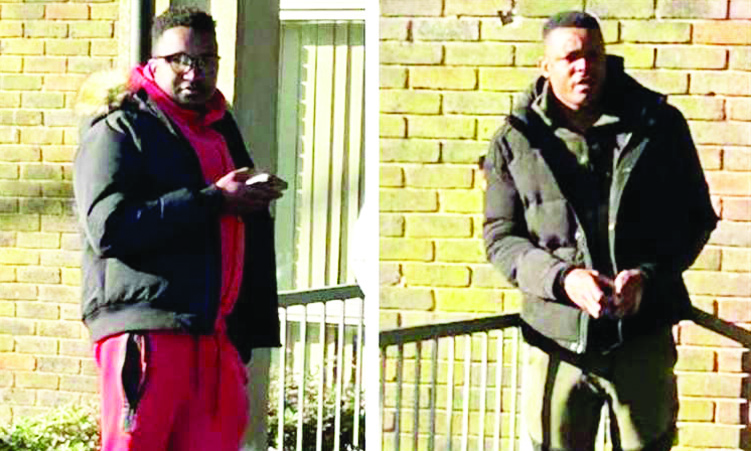THE Editor’s Forum of Namibia has launched the Media Ombudsman portfolio through which the public will air concerns about the role and activities of the media as well as facilitate the process through which media will keep a finger on their own pulse.
The Media Ombudsman will be assisted by a Media Complaints Committee of eight.This is a worthy experiment. Throughout the world society and media have a relationship characterised by ebbs and flows and Namibia is no exception. What complicates the Namibian challenge is the fact that professional media are a late entrant. The country had no tertiary institutions for the development of media practitioners and the latter developed out of in-house experiments and grooming. As a result standards of journalism were various with tenuous levels of training, creating a situation whereby a college graduates shared the title and responsibility of reporter with a high school graduate plying their hand at journalism. Added to this are skills and manpower limitations in the newsroom which complicate final control and editing. These have confounded the relationship between the newsmaker and media, the latter as agents of socialisation, and have left the beneficiary torn between the newsmaker and the communicator of the news. There are other factors that contribute to static in this process.Namibia has had its fair share of this seeming contradiction starting from the period of the struggle for autonomy. During the era of colonisation the media were by and large State controlled or predicated on sustaining the existing political and social order. Newspapers such as Die Suidwester and the Suidwes-Afrikaner were two sides of the same coin, at least in the preservation of the political order, but would differ in tonality with regard to which political party must govern and how, in order to preserve or present a particular face to the hegemony of Apartheid in Namibia.Enter Namibia’s Independence. The media had to necessarily undergo a metamorphosis, albeit while clinging to preferred political and social beliefs. But the media became highly restless about how best to conduct themselves in the environment presented by the new political order in town. And on the subject matter, the media seemed divided, not necessarily on the principle of having to be left alone to do their thing, but on the strategic consideration of whether to sustain the notion of unbridled journalism and expect to survive unhindered in the face of potential litigations and threats of banishments, or whether to find an alternative route of media having to possibly police itself. To this end debates ensued within media circles with the most prominent leading the thrust for doing their own thing. The new Government of the day and the new social order, however, had their own expectations of media and grappled with their own anxieties about how best the media had to conduct themselves, primarily in support of government programmes. This was not easy and at times there were considerations on the part of Government to banish certain media practitioners and considerations to close certain media houses were entertained. But better wisdom prevailed and Government resisted the temptation to come down with a strong hand.Against this background and realising the potential pitfalls contained in this complex society the media, concluding that the future may not be what it used to be, became more and more restless about the new order of things. And this brought us where we are: recognising the need for utmost restraint and for self-policing in Namibia’s democratic environment. This is a plausible consideration.
Stay informed with The Namibian – your source for credible journalism. Get in-depth reporting and opinions for
only N$85 a month. Invest in journalism, invest in democracy –
Subscribe Now!









